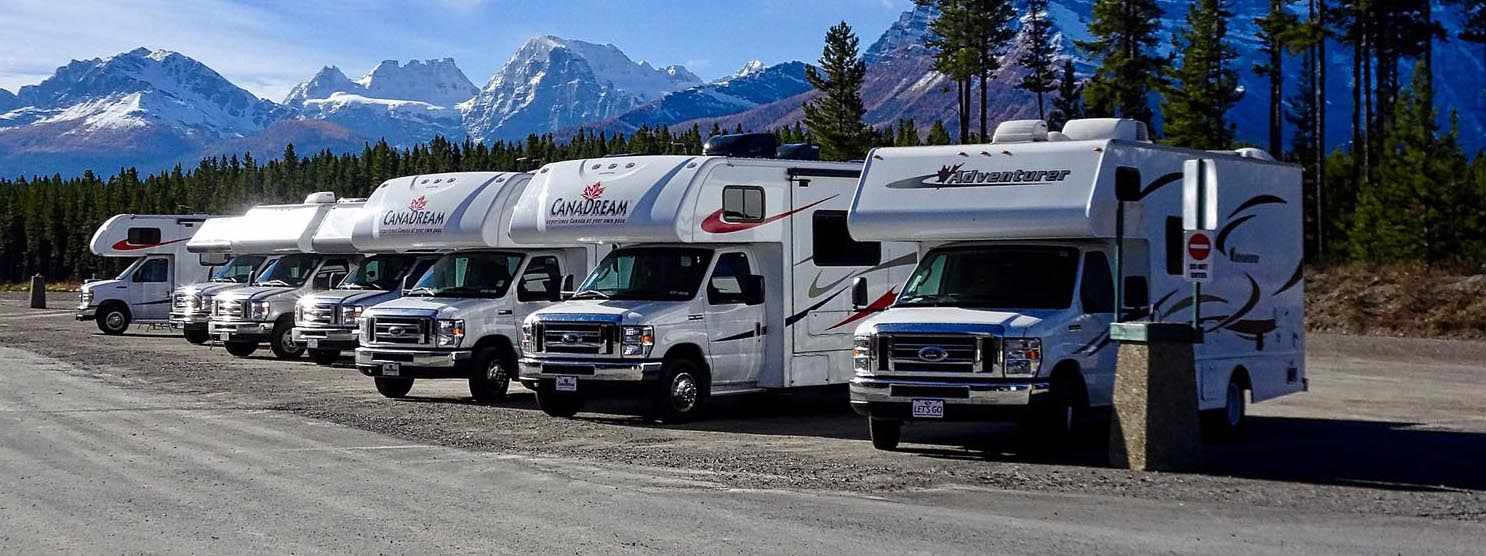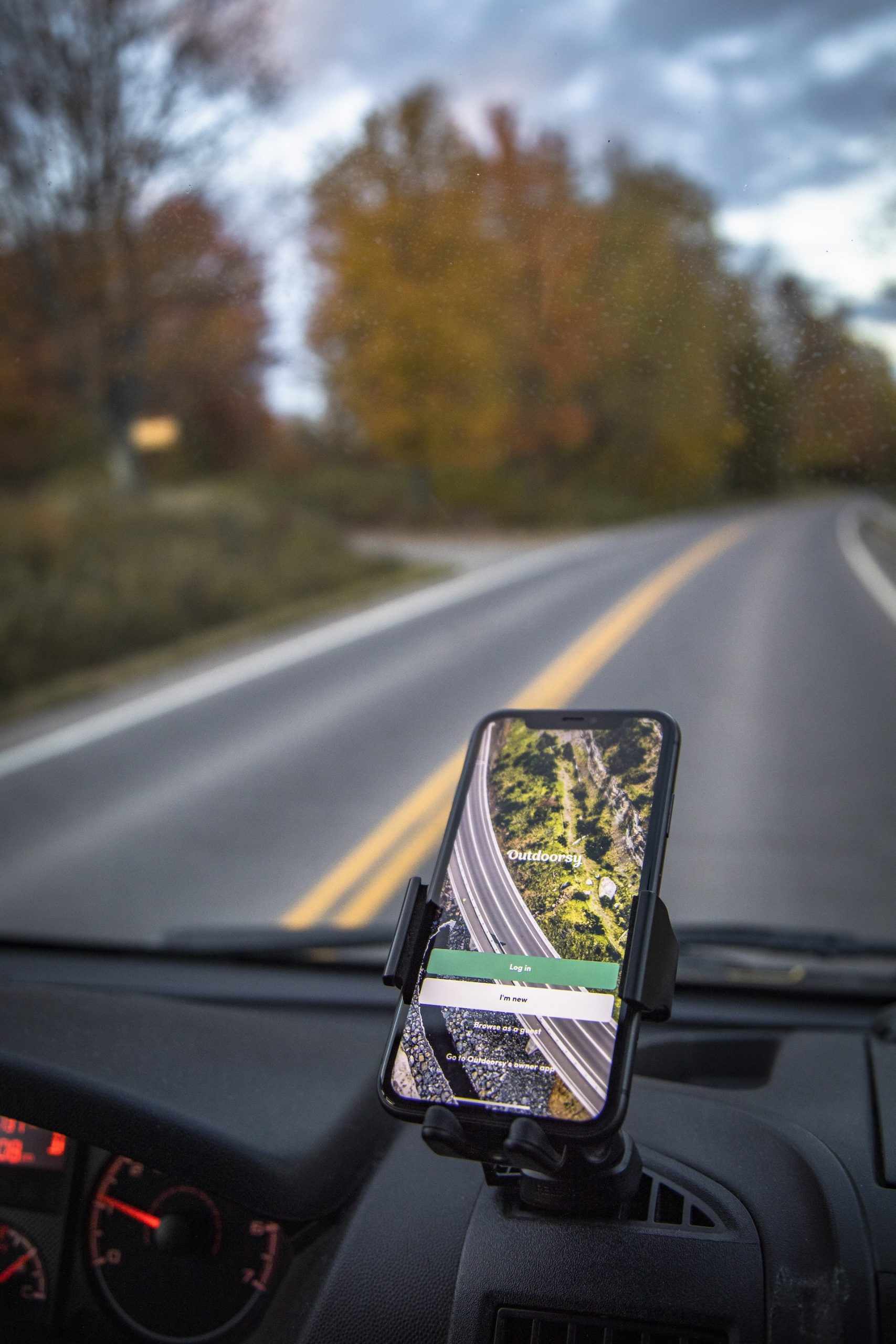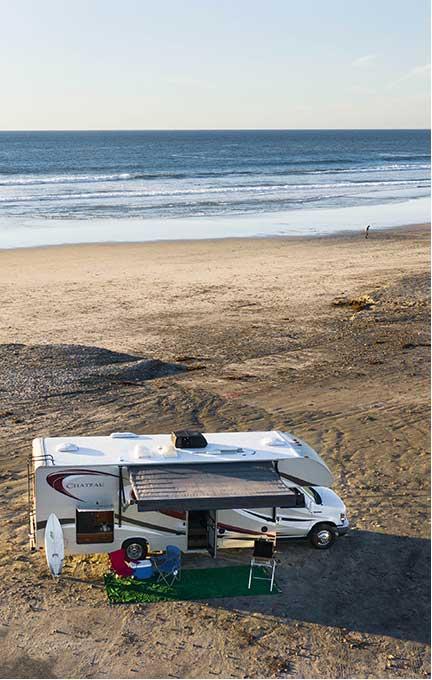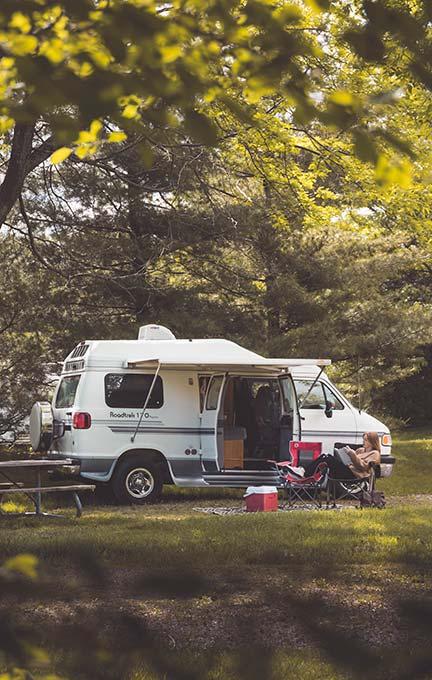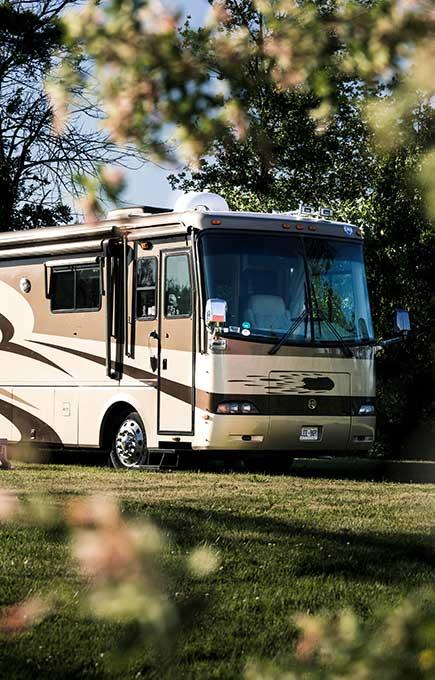This blog was written by Peggy Dent.
Whether you’re buying an RV from, or you’re selling an RV to, a private individual there are some key considerations you should keep in mind to help lower the risks and help bring the sale (or purchase) to a satisfactory conclusion. The selling price for an RV can range from a few thousand dollars to a million dollars or more, so an RV sale is not like selling a used stereo on Craigslist. Either way, whether it’s a low dollar or high dollar transaction, you’ll want your deal to go through quickly and without any difficulties or delays. And you’ll certainly want to protect yourself from scammers, conmen, and nefarious actors.
Unlike RV dealers who buy and sell RVs every day, in a peer-to-peer transaction, neither the buyer nor seller typically has any experience in this type of transaction. This can lead to costly missteps or delays or make the participants potential victims of scams.
Hidden stumbling blocks in peer-to-peer transactions.
Taxes & extra expenses
An RV, whether it’s a motorhome, fifth wheel, or travel trailer (and in 10 states even truck camper) has a title and must be licensed as a vehicle. That means, in the sales process, the title must be legally transferred to the new owner. Virtually every state will assess sales or use taxes at the time you register your vehicle in your state of residence. These taxes can be as much as 7% depending on the state, which translates to about $10,000 on a $150,000 motorhome. This additional expense should be calculated into your budget along with other costs associated with the purchase of an RV, like insurance, storage fees, and/or warranty costs.
Financing
Another complication in a peer-to-peer sale may be that the RV is still being financed at the time of the sale. In that case, the financial institution will certainly not release the title until all their financial obligations are relieved. Therefore, the seller will need to pay off their RV loan before the title can be transferred, but if the owner needs to use the funds from the sale for that payoff then the timing issues become more difficult to manage.
Title transfer
In any RV sale, the main objective is to safely swap money for a vehicle and title, so both parties receive their part of the transaction. When the timing of that quid-pro-quo is delayed it raises the risk for either the buyer or seller.
A seller might receive a payment that is a bogus cashier’s check. A buyer might purchase an RV that the seller did not have the right to sell. Unfortunately, conmen are always thinking of ways to separate us from our money or property, so the exchange of the vehicle and title for the money becomes an even bigger issue in a peer-to-peer sale. Some of the steps in this process may take time which complicates the process. After all, most people do not have $100,000 in a shoebox under the bed. It takes time to collect the funds (from a bank or lender), send the money to a financial institution to pay off the seller’s current loan, and then wait for the title to be released. In these more complicated transactions, it might be safer to use an escrow company or third-party intermediary to make sure every step of the transaction is complete and legitimate, and both buyer and seller’s interests are protected.
5 tips for RV buyers
If you are attempting to buy an RV from a private party these simple reminders will make it easier, faster, and safer.

1. Know your budget
First, know your budget, and whether you’re paying cash or intend to finance your purchase. Remember to include sales or use taxes, and insurance costs in your budget calculation. If you want to finance the purchase, then try to get preapproved at your desired budget threshold before starting your RV search and get a few insurance quotes so you’ll be ready to finance and insure the vehicle when you find the right one.
2. Shop around
Second, shop around, and don’t be afraid to look outside of your immediate vicinity for the perfect rig that checks all your boxes. The market is huge, and you will have the best selection if you’re willing to look at the entire national inventory. Distance may add an extra degree of difficulty to the purchasing process, but the broader inventory selection is worth the extra effort.
3. Find a good inspector
Third, find an inspector. Kevin Tadlock, president of National Vehicle says, “the simplest way to take the risk out of a distant RV purchase is to use a local inspector to conduct a thorough inspection of the vehicle you want to buy.” When you use a professional inspector, they can accurately evaluate all of the components of the RV and they may detect defaults that you might miss if you were personally inspecting the vehicle. Inspectors are trained to look at all the components, the roof, frame, engine, appliances, plumbing, generator, jacks, awnings, windows, propane tank, wastewater system, everything. They evaluate the wear and tear, and the functionality of the entire RV, so you know exactly what you will be purchasing. Mr. Tadlock further states, “…even if the buyer and seller live two blocks from each other, it’s still a good idea to have a professional inspector evaluate the RV before the purchase.”
4. Expect to move quickly
Fourth, be prepared to move quickly. Right now, RVs are selling rapidly so if you find that perfect RV that meets all your needs be ready to make an offer immediately. You may need to travel to inspect it or hire a third-party inspector to verify the condition of the vehicle, but you could make an offer contingent on no undisclosed damage or dysfunction.
5. Start the negotiation off right
Fifth, negotiate in good faith and be reasonable. If the seller’s stated price of the vehicle is $175,000 don’t start your negotiation at $125,000. You don’t want to waste your time or theirs trying to negotiate an impossible purchase price, and a ridiculously low offer will be perceived as an offense. It starts the negotiation out on the wrong path which will be nearly impossible to correct later on.
5 tips for RV sellers
If you are attempting to sell an RV to a private party these simple reminders will make it easier, faster, and safer.

1. Sell now
First, don’t wait! Now is the perfect time to sell your RV because it’s a seller’s market. With the pandemic raising interest in RVing, the demand for RVs has shot through the roof, but inventory levels are historically low due to constraints in the manufacturer’s supply chain. Additionally, there is abundant low-interest financing available, and more and more baby boomers and Gen Xers are trading their stick and brick homes for a life on the road as full-time RVers. These conditions are all working together to create a perfect seller’s market.
2. Research selling prices
Second, do your research to determine the correct selling price for your RV. You can get comps on RVTrader or check JD Powers NADA RV guide or National Vehicle for a more specific valuation. Set a realistic price for your particular piece of equipment, that is based on these valuations, not what you owe on the RV, or some pie-in-the-sky high ball value.
3. Showcase your RV
Third, showcase your vehicle in the best possible light. If you don’t know how to display your RV, look at how RV dealers showcase their inventory. Don’t park it in a dark garage and then take pictures to share with prospective buyers. If possible, photograph it on a bright sunny day, from every angle, outside and inside, with the drapes open and the lights on. On the inside of the RV, make the bed, clear off the counters, put things away in the bathroom. On the outside, wash the rig and remove any extra gear like motorcycles, ladders, or debris from around the rig. Make sure the RV is clean and uncluttered.
If you must err, then err on the side of taking too many pictures rather than not enough. Be transparent and photograph every defect so buyers can see everything that is wrong with your RV before they get deeply involved in a negotiation only to discover that you withheld vital information. If minor problems have been resolved in the past, describe the problem and the resolution. Buyers might be shopping for your specific type of RV but when there are hundreds or thousands of miles between you and them, they have to rely on you to fully disclose everything about your RV. If you only provide some of the information, they will just keep shopping.
4. Remain honest and available
Fourth, be friendly and available, and willing to provide additional information by phone or email. Be ready to show your RV to a buyer, or permit an inspector to have access to your RV. When you’re showing a buyer your RV, don’t try to conceal defects. The buyer will be less likely to trust you and less likely to go forward with the purchase if they think you are trying to hide something.
5. Be willing to negotiate
Fifth, be willing to listen to reasonable offers, negotiate with the buyer in good faith, and have a firm mental assessment of your real bottom line. Have a plan for how you will accept payment. That might include a payoff amount being sent to your bank, with the balance delivered to you in cash, money transfer, for a certified cashier’s check or you may need to use an escrow company to facilitate the financial details of the sale.
Buying or selling an RV in the peer-to-peer arena can be beneficial to both parties, but there are a few hidden pitfalls. Knowing the facts and following these simple tips will greatly reduce the risks and hopefully make the whole transaction easier, faster, and safer.
National Vehicle assists private RV buyers and sellers find each other and safely navigate through the sales process. They provide valuable assistance and assurances that take the risk out of buying and selling an RV in the peer-to-peer environment.
